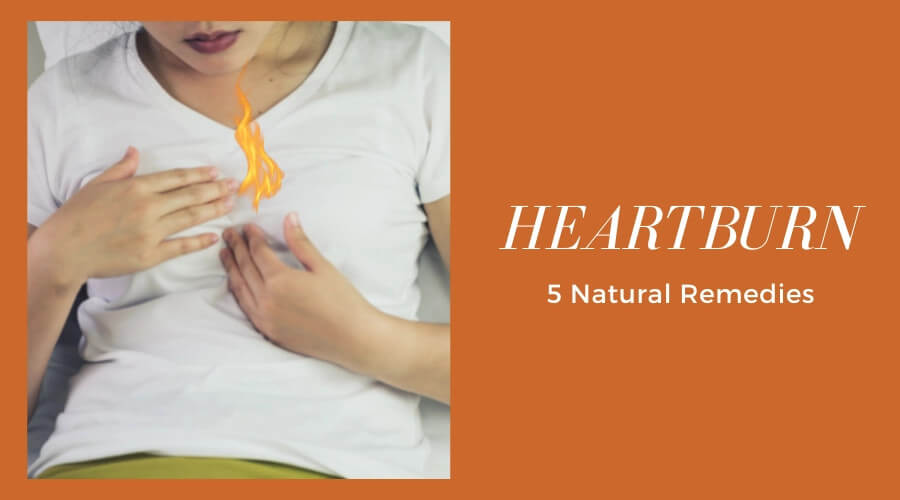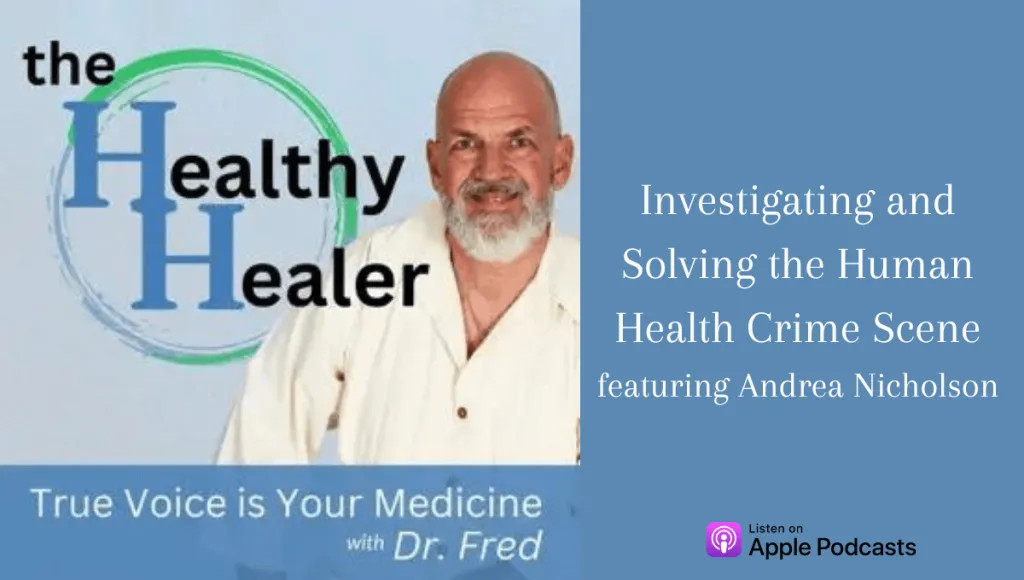
Gastroesophageal Reflux Disorder (GERD) is most often caused by gastric juices creeping up the esophagus, yielding a burning sensation radiating upward. It is often experienced after eating a large meal and is made worse by lying down. GERD is a common digestive problem and can be caused by lifestyle choices. The great news is there are many natural remedies for GERD. It’s important to know the symptoms of GERD as well as what causes it in order to get better relief from your symptoms.
GERD Symptoms & Causes:
Between 20-44% of the total population of those living in Western, industrialized nations suffers from GERD. Many experts believe that the alarmingly high prevalence of GERD is a direct result of eating a modern, highly processed diet. Up to 40% of Americans experience GERD-related symptoms at least monthly. Around 10-20 percent experience GERD symptoms almost daily. Worse still, up to 15 percent of Americans experience reflux symptoms on a daily basis. GERD is one of the most common digestive conditions in Western countries.
According to recent research, chronically high inflammation might be the actual problem causing GERD. Inflammation contributes to damaging the esophagus and many other forms of digestive issues. This really shouldn’t be all that surprising since inflammation is the root cause of most diseases.
How is GERD conventionally treated? The most common treatments for the symptoms of GERD are antacids, proton pump inhibitors (PPIs), and H2 blockers. Unfortunately, these medications have been found to not be very helpful and may actually make the problem worse.
If you suffer from GERD symptoms (or acid reflux symptoms) like difficulty swallowing, digesting, or breathing, keep reading as there are many effective natural remedies available.
What Is GERD?
GERD is short for gastroesophageal reflux disease, also known as heartburn. Up to 20% of American adults struggle with GERD. The most severe cases can result in bleeding ulcers of the esophagus or even Barrett’s esophagus which can contribute to the formation of esophageal cancer.
In people with GERD, usually, it’s not that too much stomach acid is causing symptoms, but rather the acid gets into the esophagus instead of staying in the stomach. The esophageal sphincter, a muscle between the esophagus and stomach is designed to keep stomach acid in its proper place. When this valve stops working properly or doesn’t get proper signaling to tighten, stomach acid can creep up into the esophagus. This sphincter muscle is activated by the release of stomach acid, which is why low stomach acid can be a major cause for GERD and the related symptoms.
Common Symptoms of GERD
The most common symptoms of GERD include:
- Chest pains
- Painful burning sensations in the throat or chest
- Wheezing, symptoms of asthma, chronic coughing, and difficulty breathing
- Trouble swallowing or eating normally
- Developing a sour taste in the mouth
- Belching
- Excessively salivating
- Tooth erosion over time
If left untreated, GERD can become a much more serious health problem in some cases, such as esophageal cancer.
What Causes GERD?
A study published in the Journal of the American Medical Association suggests that the root causes of GERD are actually tied to incorrect inflammatory responses. Inflammation causes the release of pro-inflammatory cytokines which damage esophagus tissue cells.
There’s also evidence that some GERD patients don’t feel much acid reflux or can have high or low levels of acid production. One study looked at over 900 people to determine the cause of GERD symptoms. They found that those people with very low acid levels, only 12 percent of symptoms were associated with acid reflux.
Diet and lifestyle factors are the most common reasons people develop acid reflux and GERD. These include:
- Eating a poor diet
- Poor gut health, or leaky gut syndrome
- Food allergies or sensitivities
- Chronically high levels of physical or emotional stress
- Sedentary lifestyle
- Smoking cigarettes, alcohol abuse, or using drugs
- Immune-suppressing medications
- Toxins exposure from environment, medications, and chemicals
- Hiatal hernias
- Pregnancy
- Certain medications(NSAID pain killers, aspirin, steroids, birth control pills or other hormone replacement drugs, nicotine, and repeated cycles of antibiotics
- Obesity and being overweight
The Problem With Conventional Treatments For GERD
The majority of healthcare providers typically prescribe several categories of GERD medications to ease patients’ symptoms. Most work by decreasing hydrochloric acid levels, which blocks the effects of acid erosion in the esophagus, but this doesn’t mean they fix the root problem causing symptoms (inflammation, a poor diet, etc.). GERD medications include:
- Antacids (Tums, Maalox, and Rolaids)
- H2 acid blockers (Tagamet, Pepcid, and Zantac)
- Proton pump inhibitors (PPIs: Prilosec, Prevacid and Nexium).
Many doctors will recommend you take these medications for many years (or forever). Unfortunately, these medications can damage the microbiome, change the pH of the stomach, and interfere with nutrient absorption.
5 Natural Remedies for GERD
1. Follow a GERD-healing (GERD-avoiding) Diet
GERD can be successfully treated by eating a healthier diet. I recommend everyone avoid inflammatory foods (even if you don’t have GERD). Instead, eat a diet filled with inflammation-fighting foods before you begin taking medications.
The most common food culprits are dairy, gluten, and many artificial ingredients found in processed foods. These can trigger GERD symptoms and inflammation. There are also a number of foods that are likely to exacerbate the symptoms such as caffeine, chocolate, alcohol, high-sodium foods, very fatty foods, citrus fruits, and refined grains. Sometimes spicy foods, tomato-based products, garlic, onions and mint can also increase symptoms. Lean into foods like a variety of vegetables, grass-fed meats, healthy fats (like olive or coconut oil), low-sugar fruits, bone broth, nuts, seeds, and organic grass-fed yogurt, if it doesn’t worsen symptoms.
Other tips for reducing GERD symptoms include:
- Limit carbonated drinks. The added air (and often poor quality ingredients) can make belching and gas worse.
- Eat smaller meals and avoid overeating. If necessary, eat more often throughout the day to ensure you’re eating enough. However, do not add more meals/snacks if you’re able to eat sufficiently during normal meals.
- When you drink or eat, take your time. Chew your food more thoroughly and slowly drink beverages.
- Avoid chewing gum, smoking, and using straws. These can cause air to be swallowed.
- Allow several hours between finishing your last meal and going to bed. Lying down after eating can worsen GERD symptoms. Gravity is your friend!
- Drink more water.
2. Manage Stress & Get Enough Rest
Determine how you might improve your stress management. To feel calmer, go for a walk, exercise, meditate, or sleep longer. Stress is a major contributing factor to all chronic diseases.
3. Quit Smoking
Smokers have a much higher risk for developing GERD and other inflammatory conditions compared to non-smokers.
4. Get Regular Exercise & Maintain A Healthier Weight
Research shows a link between obesity and GERD. Inflammation levels are more damaging in those who live a sedentary lifestyle, especially when combined with a poor diet. Focus on eating a healthful diet and moving your body daily.
5. Soothing supplements and foods
Try these helpful supplements for some natural relief:
- Deglycyrrhizinated licorice (DGL)
- Aloe vera
- Enteric coated peppermint oil capsules
- Fermented vegetables (sauerkraut, kim chi)
- Papaya or papaya capsules
- Raw apple cider vinegar
- Ginger
- Digestive bitters
- Marshmallow root
- Slippery elm
Get top-quality supplements here.




















0 Comments